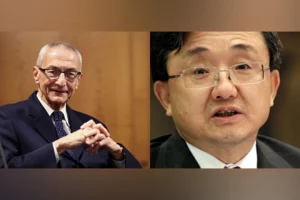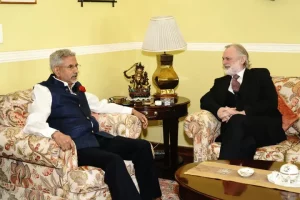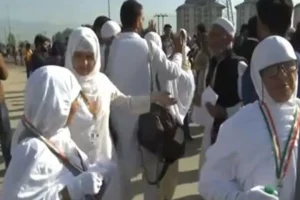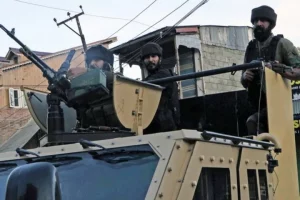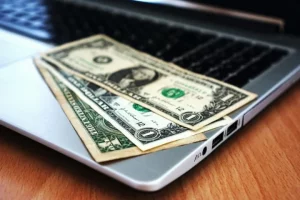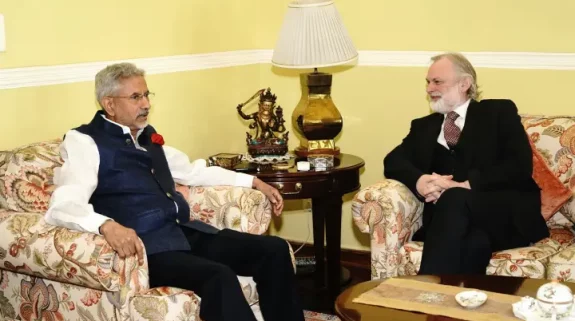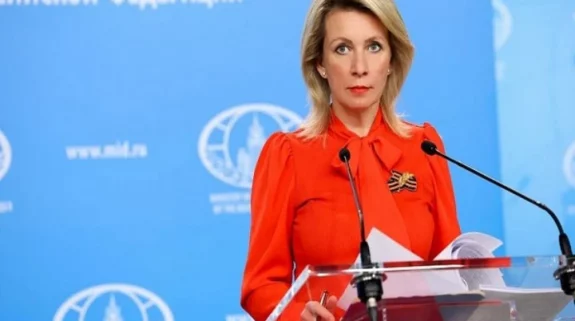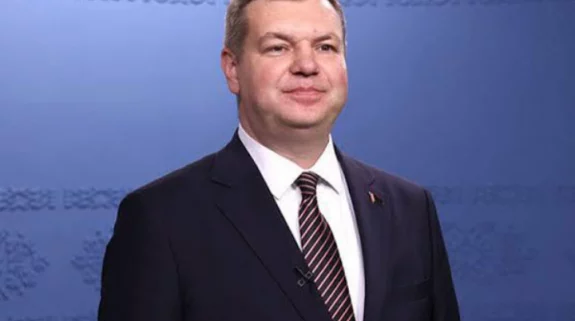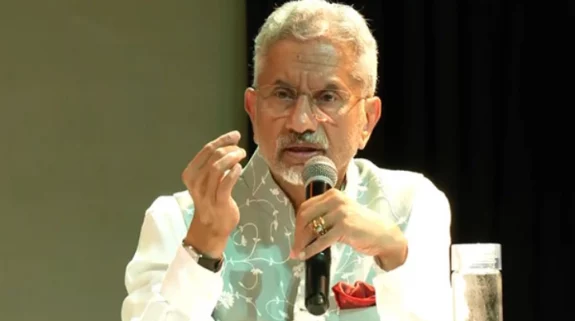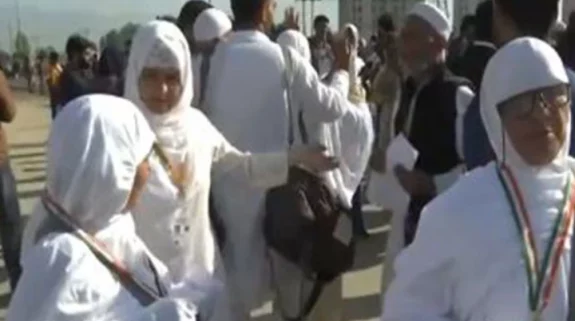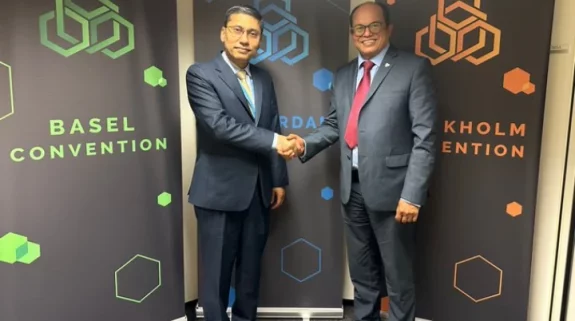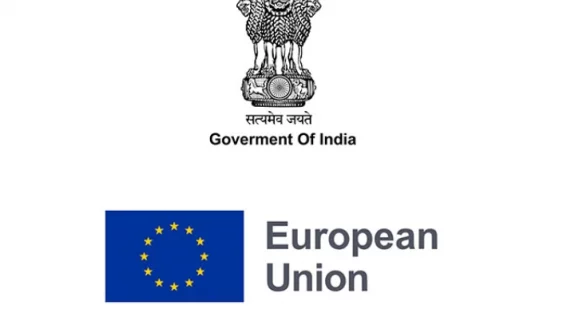In the introduction of 'Trump on China: Putting America First – a collection of speeches laying out the most significant United States foreign policy shift in a generation,' released by the White House earlier this week, National Security Advisor Robert C. O'Brien wrote how for decades, Donald J. Trump was one of the few prominent Americans to recognize the true nature of the Chinese Communist Party and its threat to America's economic and political way of life.
"Now, under President Trump's leadership, the United States is taking action to protect our nation and its partners from an increasingly assertive China. We are no longer turning a blind eye to the People's Republic of China's conduct nor are we hiding our criticism of its Communist Party behind closed doors," writes O'Brien.
As the world anxiously awaits the results of the US elections — and at the same time, puts the proverbial cart before the horse by anticipating whether, Joe Biden, if elected to presidency, would confront China or be best buddies with the Xi Jinping regime — it is perhaps time to look back and reflect on the Trump administration's anti-China stand, labeled as rhetoric by some, through the speeches made by the President and other top administration officials in 2020.
<strong>Read also | <a href="https://indianarrative.com/world/pakistan-shocks-sikh-community-with-kartarpur-gurudwara-decision-20200.html" target="_blank" rel="noopener noreferrer">Sikhs fume at Pakistan’s Kartarpur shocker</a></strong>
"Until now, senior American officials had never spoken publicly with such candor and consistency about the challenge posed by China to our nation. Earlier this year, President Trump asked four of his most senior national security officials, myself, Christopher Wray, William Barr, and Michael Pompeo, to explain current US policy on China to the American people. Over the summer of 2020, we did so in a series of speeches delivered around the country," reveals the NSA in collection's introductory remarks.
Besides Trump and O'Brien, the book includes speeches by Vice-President Michael R. Pence, Deputy National Security Advisor Matthew F. Pottinger, Federal Bureau of Investigation Director Christopher A. Wray, Attorney General William P. Barr, and Secretary of State Michael R. Pompeo whose July 23 speech at the Richard Nixon Presidential Library heralded a significant transformation in the US-China relationship when the world was locked down due to the 'Chinese virus.'
These speeches, as O'Brien mentions, also alerted allies and partners of the US so that they also "stand up," not just for mutual interests and values, but their own people.
"The competition with which we are faced is not China versus the United States. It is the Chinese Communist Party, with its Marxist-Leninist and mercantilist vision for the world, versus freedom-loving people everywhere. These high-level speeches serve to combat the propaganda machine at the heart of the Chinese Communist Party's global strategy. President Trump understands that it is past time for America to counter China's messaging about the supposed strengths of its authoritarian model," he says.
<img class="wp-image-20348 size-large" src="https://indianarrative.com/wp-content/uploads/2020/11/US-ELECTIONS-RESULT-2020-1024×719.jpg" alt="US Elections 2020" width="1024" height="719" /> US Secretary of State Mike Pompeo, during his speech at the Richard Nixon Presidential Library and Museum, suggested the creation of a bloc, of what he termed "a new grouping of like-minded nations – a new alliance of democracies" (Xinhua/Liu Jie/IANS)It all started with Vice-President Mike Pence's stinging address at the Hudson Institute in October 2018 and ends with President Trump's call to action at the 75th session of the United Nations General Assembly, less than two months ago.
"Beijing now requires many American businesses to hand over their trade secrets as the cost of doing business in China. It also coordinates and sponsors the acquisition of American firms to gain ownership of their creations. Worst of all, Chinese security agencies have masterminded the wholesale theft of American technology—including cutting-edge military blueprints. And using that stolen technology, the Chinese Communist Party is turning plowshares into swords on a massive scale," said Pence in his <a href="https://www.whitehouse.gov/briefings-statements/remarks-vice-president-pence-administrations-policy-toward-china/">speech</a>.
"China now spends as much on its military as the rest of Asia combined, and Beijing has prioritized capabilities to erode America’s military advantages on land, at sea, in the air, and in space. China wants nothing less than to push the United States of America from the Western Pacific and attempt to prevent us from coming to the aid of our allies. But they will fail," he added.
<em>The New York Times</em>, in a report 'Pence's China Speech Seen as Portent of 'New Cold War' the next day, said that until now such remarks were delivered in private, "in fairly decorous terms," and rarely threatened direct action. "The surprise this time for Beijing was the magnitude of alleged offenses piled up in one public indictment, ranging from suspected interference in American politics to China’s stomping on the freedoms of its own people. Nor had the United States ever before told China: "We will not stand down," said the daily.
<img class="alignnone size-full wp-image-20349" src="https://indianarrative.com/wp-content/uploads/2020/11/US-Elections-2020.jpg" alt="US Elections Donald Trump" />
Pence's address was followed by Pottinger's speech in Mandarin to the Miller Center at the University of Virginia in May, earlier this year. “When small acts of bravery are stamped out by governments, big acts of bravery follow. China today would benefit from a little less nationalism and a little more populism," Pottinger, who has worked as a journalist in Beijing, told the Chinese audience.
A former ambassador, O'Brien explained the ideology and global ambitions of the Chinese Communist Party to a business forum in Arizona and FBI Director Wray followed with an expose of the pervasiveness of the People's Republic of China's espionage and intellectual property theft "from our government, our companies, and our partners."
US Secretary of State Mike Pompeo, in his now famous remarks delivered at the Richard Nixon Presidential Library and Museum in California, explained in detail the reason why America’s diplomats and policy makers are rising to China's "once-in-a-generation challenge" and confronting the threat across the entire diplomatic spectrum.
"President Nixon once said he feared he had created a 'Frankenstein' by opening the world to the CCP. And here we are… The truth is that our policies—and those of other free nations—resurrected China's failing economy, only to see Beijing bite the international hands that were feeding it. The freedom-loving nations of the world must induce China to change … in more creative and assertive ways, because Beijing's actions threaten our people and our prosperity," said Pompeo in a landmark <a href="https://www.state.gov/communist-china-and-the-free-worlds-future/">address</a>.
<img class="alignnone size-large wp-image-20346" src="https://indianarrative.com/wp-content/uploads/2020/11/US-Elections-China-1-1024×576.jpg" alt="US Elections China " />
President Trump, meanwhile in his two speeches from May and September 2020, held China accountable for the Covid-19 pandemic and made it clear that Beijing's blunders no longer affect only the Chinese people, "as they did under Mao Zedong," but impact the entire world.
"Seventy-five years after the end of World War II and the founding of the United Nations, we are once again engaged in a great global struggle. We have waged a fierce battle against the invisible enemy — the China virus — which has claimed countless lives in 188 countries. The Chinese government and the World Health Organization — which is virtually controlled by China — falsely declared that there was no evidence of human-to-human transmission. Later, they falsely said people without symptoms would not spread the disease. The United Nations must hold China accountable for their actions," Trump once again took China head-on during the 75th Session of the United Nations General Assembly.
As you read this, the US election drama continues and America's political fate, as well as future, hangs in balance. Nobody really knows whether these speeches would become a collector's edition, framework for a future policy on a rogue nation like China or be simply dumped in a corner of the White House forever.
As US National Security Advisor Robert C. O'Brien sums it up in the end: "Taken together, the speeches herein are similar to US diplomat George Kennan’s 1946 'Long Telegram' to the State Department that outlined his views on the Soviet Union. This book is different from the 'Long Telegram' in two important respects. First, unlike Kennan's case, written by an envoy at post, this book contains the words and policies of the President and his most senior officials. Second, given China's population size, economic prowess, and historic global ambitions, the People’s Republic of China is a more capable competitor than the Soviet Union at its height.".







